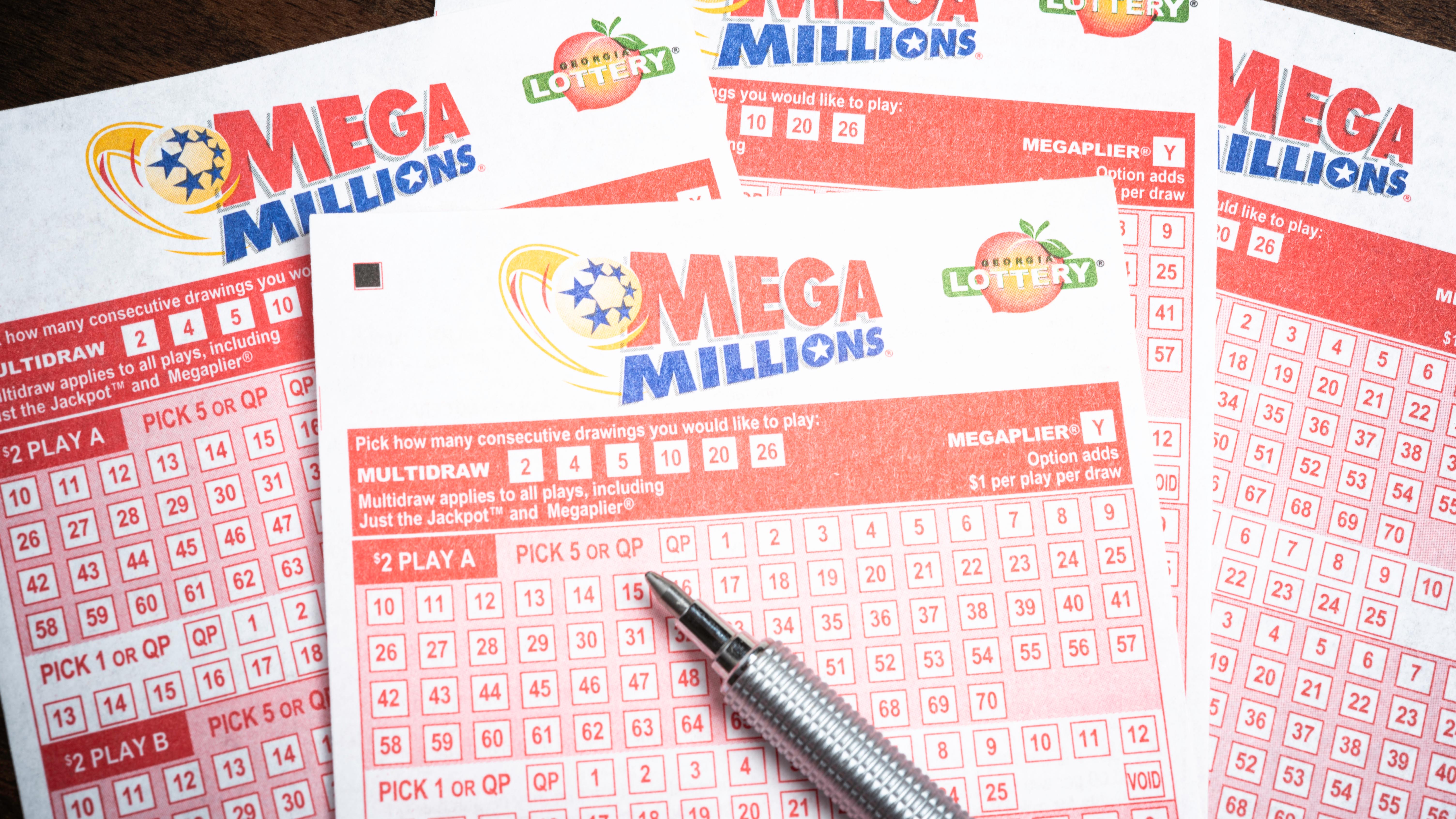Despite concerns over a rise in COVID cases, droves of people turned out Thursday for Lollapalooza, which city officials billed as the biggest musical festival anywhere in the world this year. NBC 5’s Lexi Sutter has the story.
While Chicago officials remain hopeful Lollapalooza won't spur a significant rise in COVID-19 cases, infectious disease experts at Northwestern University are bracing for a jump in infections during the coming weeks.
"“It’s a recipe for disaster,” Dr. Tina Tan, a pediatrician and professor at Northwestern University's Feinberg School of Medicine, said in a news release. "You have people coming in all over from U.S., and even though the organizers are taking some efforts to mitigate infections, I don’t know how they’re going to enforce mask wearing, social distancing, handwashing..."
Despite an uptick in cases fueled by the delta variant, the Chicago Department of Public Health and Lollapalooza's own health experts decided it was safe to proceed with the festival, Mayor Lori Lightfoot previously said.
The four-day event, which city officials have billed as the largest music festival happening in the world this year, saw massive crowds and little to no social distancing at multiple concerts on opening day.
To enter Lollapalooza, concert-goers must provide a printed copy of their COVID vaccine card, vaccine record or negative coronavirus test within 72 hours of entering. Dr. Robert Murphy, executive director of Northwestern’s Institute for Global Health, acknowledged the vaccine and negative COVID-19 test requirements help, but said "it's just not enough when you're in the middle of the pandemic."
For those who are not vaccinated against COVID-19, a mask is required while inside the festival at all times. However, some infectious disease experts have expressed doubt whether mask requirements and social distancing will be followed.
In a tweet Friday evening, Lollapalooza announced masks will be required at any indoor spaces beginning Saturday following a recommendation from Chicago city officials that all residents over the age of 2 wear masks in public indoor settings, regardless of vaccination status.
At a news conference earlier this week, Dr. Allison Arwady, the commissioner of CDPH, said there will "almost certainly" be some cases associated with the four-day concert series.
"I certainly know we're being a lot more responsible than many other settings, that are just as large, that are gathering around the country," the doctor said Tuesday.
Feeling out of the loop? We'll catch you up on the Chicago news you need to know. Sign up for the weekly Chicago Catch-Up newsletter.
Local
One day earlier, a prominent Chicago infectious diseases expert warned that "lots of people" will contract COVID-19 at Lollapalooza, but Mayor Lori Lightfoot dismissed criticisms as coming from "critics on the sidelines."
Dr. Emily Landon, executive medical director for infection prevention and control at the University of Chicago Medical Center, says that the festival is a “spreader” event, and that she fears individuals who become infected with COVID, vaccinated or not, could start “wildfires of infection” across the United States.
“I think a lot of people are going to get COVID at Lollapalooza,” she said. “The real problem is not so much that a bunch of young people who come into Chicago getting COVID at this event. The real problem is them taking it back to places that have very low vaccination rates."

Northwestern's infectious disease experts say they anticipate a spike in infections will occur the week after next, but remain optimistic for a good outcome.
“If everyone attending Lollapalooza is vaccinated or has a negative test, that’ll keep the numbers lower,” Murphy said. “And I hope that happens. Maybe it’s even made a lot of younger people get vaccinated in order to come."



